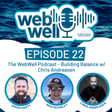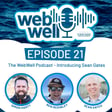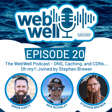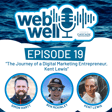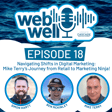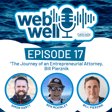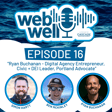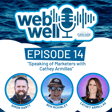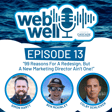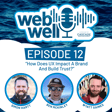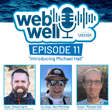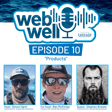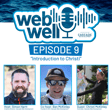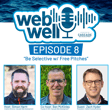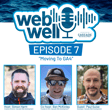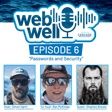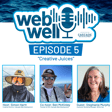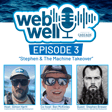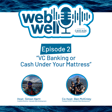
The WebWell Podcast, Episode 15 - "Disruptive Vehicle Repair with Farhad Ghafarzade"
In this episode of the WebWell Podcast, we are graced with the fascinating story of Farhah Ghafarzade, the visionary behind Green Drop Garage.
Starting from humble beginnings, living on a boat and working on a shoestring budget, Farhad's journey is nothing short of inspirational. He shares how Green Drop Garage, an eco-friendly car repair shop in Portland, has redefined the auto service industry.
Farhad discusses the unique aspects of the business, from converting cars to run on vegetable oil to offering car care classes and embracing a membership model. He explains how Green Drop's commitment to the environment extends beyond just car repairs, highlighting their carbon-neutral practices and community involvement.
We also explore Farhad's venture into real estate and how his innovative approach is influencing the Portland landscape. Join us for an enlightening conversation about entrepreneurship, environmental consciousness, and the power of trust in business.
Learn more about Farhad and the Green Drop Garage visit www.greendropgarage.com. Don't forget to follow Farhad on Instagram @farhadpdx!
Follow us wherever you listen to podcasts!! We'd also love to hear what you think... please share your questions and comments with webwell@cascadewebdev.com
